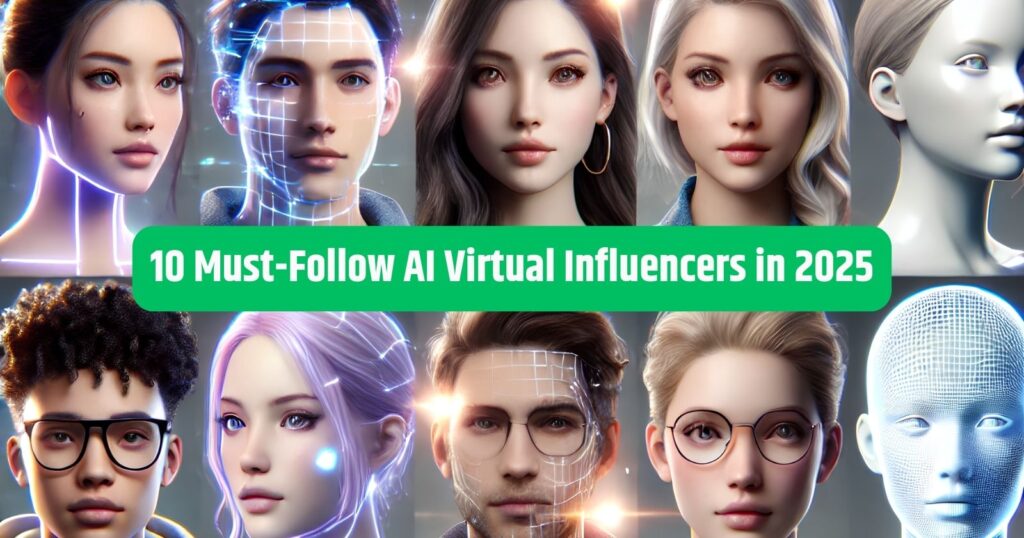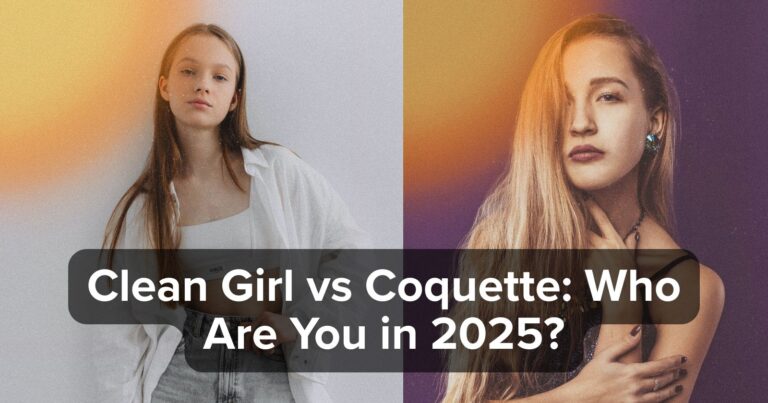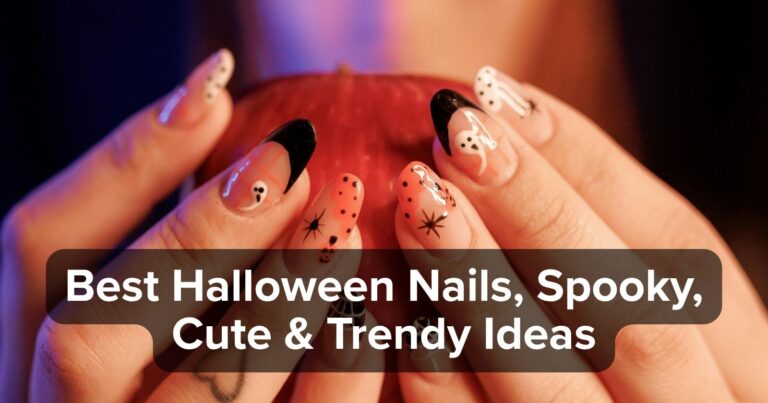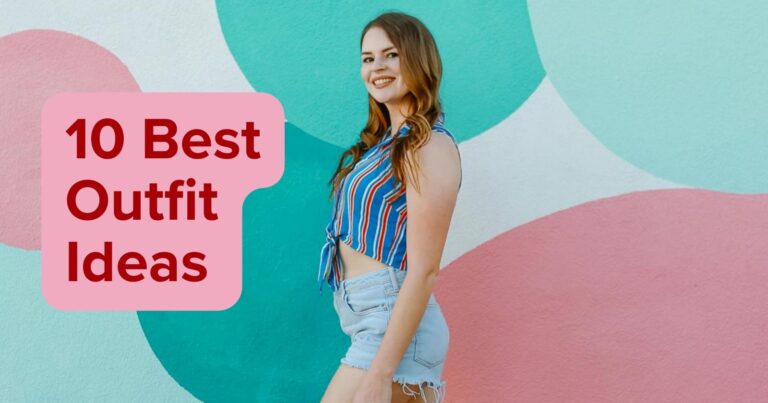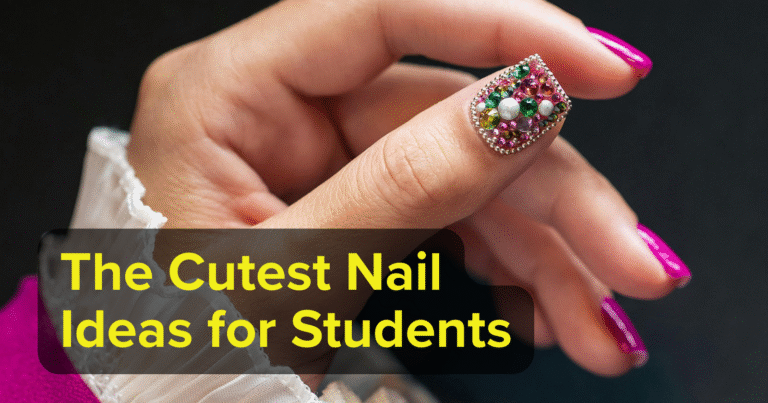Artificial intelligence (AI) continues to reshape industries, and its influence on social media is no exception. Among the most intriguing advancements are AI virtual influencers—digital personalities crafted with computer-generated imagery (CGI) and AI algorithms. These lifelike creations are captivating audiences worldwide, blurring the boundaries between reality and fiction.
In this guide, we’ll dive into 10 AI virtual influencers revolutionizing social media, explore their unique appeal, and discuss how they’re shaping the future of influencer marketing.
What Are AI Virtual Influencers?
AI virtual influencers are digital personas designed to simulate human-like interactions, aesthetics, and personalities. They’re meticulously crafted by teams of designers, developers, and marketers to resonate with target audiences. From posting relatable content to engaging with followers, these influencers function just like their human counterparts—only they don’t physically exist.
Key Characteristics of AI Influencers
- Customizable: Personas can be tailored for specific audiences or brand campaigns.
- Creative Freedom: Content creation isn’t bound by real-world limitations.
- Consistency: AI influencers are immune to fatigue or personal issues.
Their innovative designs and strategic content allow brands to connect with audiences in new and engaging ways.
The Top 10 AI Virtual Influencers You Should Follow
1. Lil Miquela (@lilmiquela)
Arguably the pioneer of AI influencers, Lil Miquela is a Brazilian-American digital model and musician with over 3 million Instagram followers. Created by Brud, a Los Angeles-based startup, her posts feature fashion collaborations with high-end brands like Prada and Calvin Klein. She also champions social issues, blending activism with entertainment.
2. Shudu Gram (@shudu.gram)
Dubbed the world’s first digital supermodel, Shudu Gram is the creation of photographer Cameron-James Wilson. Known for her flawless complexion and elegant aesthetic, she has modeled for luxury brands like Fenty Beauty and Balmain. Shudu’s rise signals a new era in the modeling industry.
3. Bermuda (@bermudaisbae)
Bermuda is another product of Brud and boasts a bold personality. With over 300,000 followers, she frequently shares content about her lavish lifestyle, political views, and high-profile collaborations. Her outspoken nature makes her one of the more controversial AI influencers on the scene.
4. Imma (@imma.gram)
Imma, meaning “now” in Japanese, is a stylish virtual influencer with a pink bob and chic fashion sense. Created by Aww Inc., she explores Tokyo life while sharing beauty and lifestyle tips. Her realistic features and relatable content have made her a beloved figure in Japan and beyond.
5. Noonoouri (@noonoouri)
Noonoouri’s cartoon-like appearance sets her apart from the rest. Created by designer Joerg Zuber, she advocates for ethical fashion and sustainability. With collaborations with brands like Dior and Versace, her content strikes a balance between activism and glamour.
6. Blawko (@blawko22)
Blawko is a streetwear enthusiast and gamer with an edgy, rebellious persona. Also created by Brud, Blawko appeals to Gen Z audiences through his laid-back content and distinctive aesthetic, amassing over 140,000 followers.
7. Liam Nikuro (@liam_nikuro)
As Japan’s first male AI influencer, Liam focuses on fashion, fitness, and lifestyle. With his easygoing charm and aspirational posts, he’s quickly gaining traction on Instagram. His versatile appeal highlights the potential for male virtual influencers.
8. Zoe Dvir (@zoedvir)
Zoe Dvir, created by an Israeli artist, exudes creativity with her artistic and playful content. Her youthful style and imaginative posts cater to audiences interested in fashion and digital art, showcasing the artistry of AI.
9. Rozy (@rozy.gram)
Hailing from South Korea, Rozy embodies a blend of modern trends and relatable charm. Managed by Sidus Studio X, she shares her adventures in Seoul and has become a rising star in the global AI influencer market.
10. Lu Do Magalu (@magazineluiza)
Lu Do Magalu is not just an influencer but a brand ambassador for Brazil’s Magazine Luiza. With over 5 million followers, she shares lifestyle tips, product recommendations, and retail promotions, becoming a testament to AI’s potential in corporate marketing.
Why Are AI Influencers So Popular?
The appeal of AI influencers lies in their creative flexibility and engagement consistency. Brands can create tailored personas to align perfectly with campaigns, while audiences are drawn to their imaginative content.
Benefits of AI Influencers
- Cost-Effective: Eliminates logistical expenses like travel or accommodations.
- Scalable Content: AI can generate high-quality visuals quickly and adapt to trends.
- Global Reach: AI personas transcend cultural barriers, appealing to diverse audiences.
Challenges and Ethical Considerations
Despite their advantages, AI influencers face criticism for lacking authenticity and raising ethical concerns.
Key Challenges
- Authenticity: Many followers may struggle to form genuine connections with digital personas.
- Transparency: Some campaigns fail to disclose that influencers are AI-created, leading to potential trust issues.
- Saturation: As the number of AI influencers grows, maintaining uniqueness will become challenging.
The Future of AI Influencers
While AI influencers may never replace human influencers entirely, they offer exciting opportunities for brands to push creative boundaries. The future will likely see a blend of human and AI influencers working together, each bringing unique strengths to the table.
For now, these 10 AI virtual influencers exemplify how technology is reshaping the influencer marketing landscape. By following their journeys, you’ll stay ahead of one of the most fascinating trends in social media.
By staying informed, you can embrace the innovative, ever-evolving world of AI in social media. Whether you’re a casual follower or a brand strategist, these digital personas offer insights into the future of creativity and engagement.

